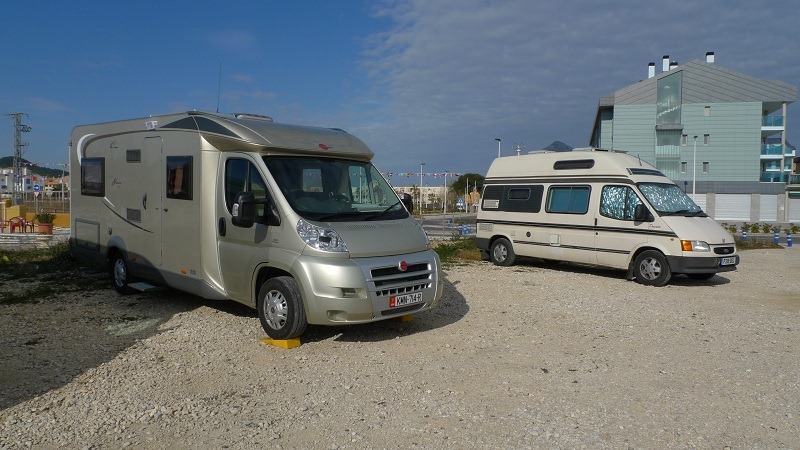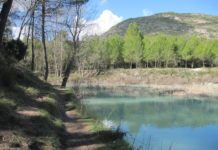Over the years that we have lived in the Canary Islands, we have seen a rapid increase in tourism. Much of this has been due to instability in some countries following the ‘Arab Spring’ and terrorism.
The hugely successful efforts to promote island tourism by the islands’ government has also been a huge success, since there has been considerable financial and professional investment in marketing the islands in recent years.
Those who know the islands well, will know that these islands have something to offer almost everyone, from lazy sun-drenched beaches, lush ancient forests to breath-taking landscapes, as well as the opportunity to engage in a wide range of sea-related sports.
The nature of tourism on the islands has changed over the years too. There is now a rapidly growing interest in rural tourism where visitors are content to relax in a rural environment, and well away from the busy tourist centres and ‘all you can eat’ hotels.
We are beginning to see the opening of hostels to attract younger visitors on a tight budget, as well as for those who are happy to stay in more relaxed accommodation. Then there is the growing curse of motor caravans.
Personally, I have nothing against motor caravans. Indeed, we owned and used one for several years and had many happy and memorable holidays exploring and relaxing in the islands and highlands of Scotland. Until recently, two or three motor caravans would arrive in our village on Friday afternoons, park close to the sea, and enjoy the local restaurants and bars before leaving on Sunday afternoon.
Most were couples and small families from Las Palmas who were anxious to escape city life in a quiet seaside village for the weekend, and many locals got to know these ‘visitors from the city’ very well.
Over the last two years, the number of motor caravans has rapidly increased with the last count a few weeks ago being twenty-two units crammed together in a relatively small area. There are no waste disposal or water facilities nearby, and villagers were beginning to express their concerns about exactly where toilet waste was ending up.
There was also a noticeable change in the type of visitors arriving. Families and couples arriving for a quiet weekend from the city were now replaced by larger family units of children, teenagers, dogs and even cats on leads.
Huge mobile caravans, usually bearing German and other European number plates, began to appear and stay for a week at a time, and sometimes longer. Often, the accommodation would be supplemented by canopies and a number of tents sited at the side of the road or pathway.
Villagers taking dogs for their usual walks were unable to pass through ‘caravan city’ without dogs off leads bursting out of the motor caravans and attacking local dogs. There was a small number of the “We have a right to be here” contingent of unthinking and selfish people who were unaware of the consequences for themselves and others. This peaceful location was being ruined by loud music, barking dogs, the foul stench of barbecues and litter.
Suddenly, without warning, the local authority placed heavy concrete barriers across the road, which prevented any vehicles from entering the area. The move was done quietly without the usual noisy public meeting, petitions or any fuss that we usually have to go through to get anything done. It happened overnight and villagers were overjoyed to see the area return to its usual peaceful state.
There are officially recognised caravan parks with full facilities in the area, so campers are not being denied the opportunity to enjoy a few relaxing days away from home. I suspect that the local restaurants and bars in the village will miss their temporary customers, but most of us will not miss “Downtown”, as it became known, in the slightest.
If you enjoyed this article, take a look at my websites: http://barriemahoney.com and http://thecanaryislander.com or read my latest book, ‘Letters from the Canary Islands’ and Spain’ (ISBN: 9780995602731). Available in paperback from Amazon, Waterstones and all good bookshops, as well as Kindle editions.
Join me on Facebook: @barrie.mahoney
© Barrie Mahoney





